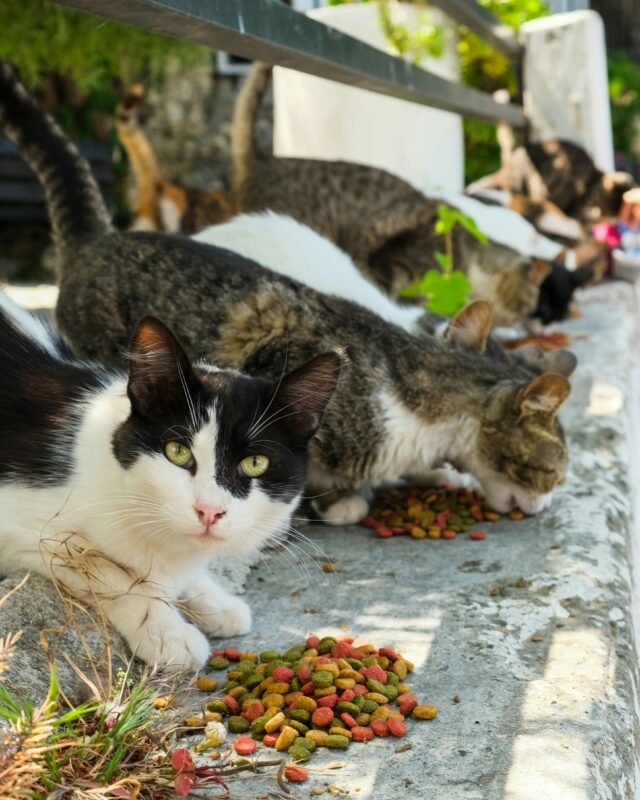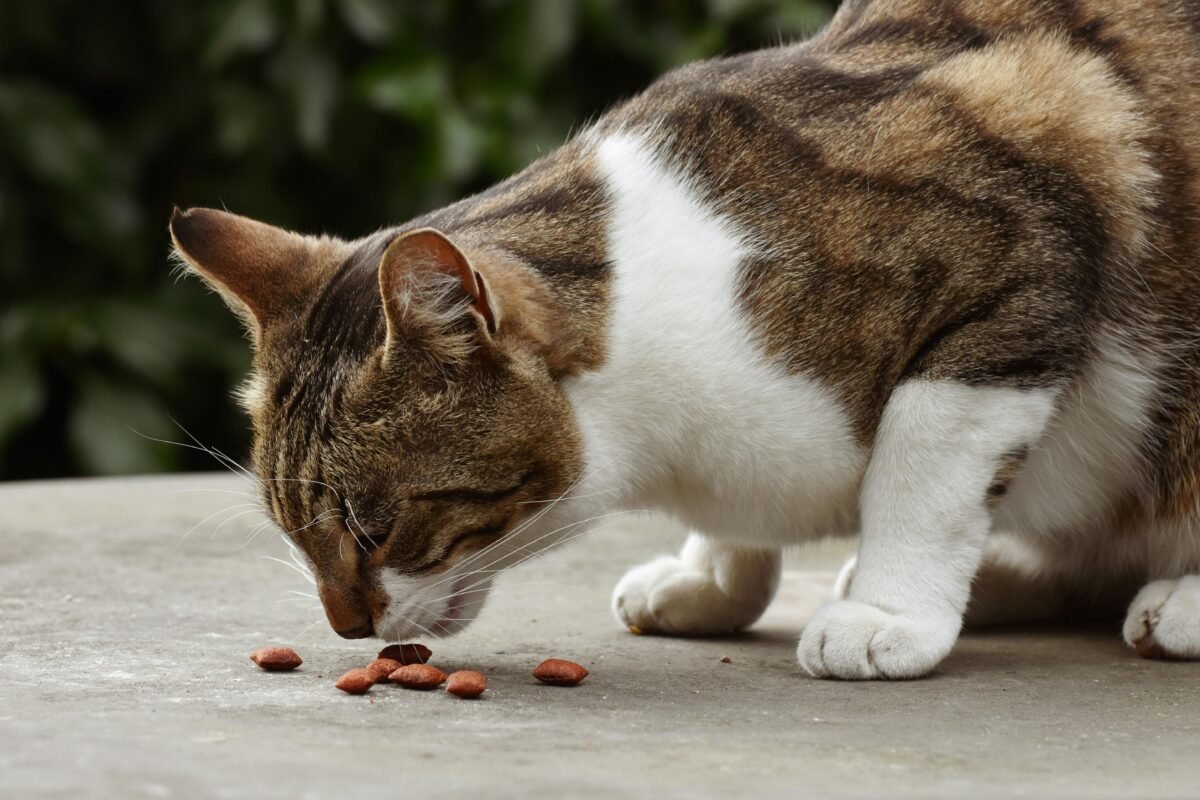Blog
Homemade vs. Store-Bought: Pros and Cons

If you’ve ever looked at your cat while scooping kibble into their bowl and thought, “Maybe I should just cook for you,” you’re not alone. More and more pet parents are exploring the idea of homemade cat food as an alternative to store-bought meals. But is it really better? Or just more work (and more dishes)?
Let’s break it down—whiskers, paws, and all—so you can decide what’s best for your fabulous feline.
The Case for Homemade: Control and Customization
One big perk of making your cat’s food at home is knowing exactly what’s going in it. You get to pick high-quality proteins, skip the artificial stuff, and totally avoid ingredients you can’t even pronounce. If your cat has allergies or dietary sensitivities, homemade meals make it easier to avoid triggers.
Plus, let’s be honest—there’s something oddly satisfying about cooking for your cat. It feels like you’re part chef, part hero, and 100% obsessed (in a good way). You can tailor the texture and flavor to your cat’s picky preferences and even add supplements recommended by your vet.
But here’s the catch: cats have very specific nutritional needs. Unlike dogs, they can’t live on random kitchen leftovers or a spoonful of tuna. They need taurine, specific amino acids, fatty acids, and vitamins to stay healthy—and missing just one of those can lead to serious problems. So if you’re going the homemade route, you’ll need a proper recipe from a pet nutritionist and a good dose of planning.
Why Store-Bought Still Rules for Many
There’s a reason store-bought cat food is so popular—it’s convenient, easy, and already nutritionally balanced. You just open a bag or can and boom—dinner is served, no chopping or measuring required. For busy pet parents (aka all of us), that’s a huge win.
Commercial cat foods are formulated to meet the dietary standards set by veterinary nutrition experts. That means most reputable brands provide all the essential nutrients your cat needs without you having to do complicated math about protein ratios.
Another perk? You’ve got tons of choices. Whether your cat prefers dry food, wet food, grain-free, or organic, you can probably find a store-bought option that fits the bill. Some even cater to specific health concerns like hairballs, weight control, or urinary issues—which is super helpful if your kitty needs a little extra support.
The downside? Some brands use low-quality fillers, artificial flavors, and mysterious “meat by-products” that don’t exactly scream gourmet. That’s why it’s important to read labels, choose trusted brands, and consult your vet when in doubt.

The Cost and Time Factor
Let’s talk money—and time—because both are real-life concerns. Homemade food can be more expensive than you think, especially if you’re buying fresh, human-grade ingredients. Add supplements, quality meats, and maybe a food processor to the mix, and suddenly your cat’s dinner costs more than yours.
Then there’s the time commitment. Preparing homemade meals requires weekly planning, shopping, cooking, storing, and sometimes even portioning into individual containers. If you enjoy cooking and have the time, it can be a rewarding process. But if you’re juggling a job, a social life, and a cat who insists on eating every four hours… it might not be realistic long-term.
Store-bought food, on the other hand, is super convenient and easy to budget for. You can subscribe for monthly deliveries or grab it while grocery shopping. No prep, no mess, and your cat still gets a decent meal—which can be a lifesaver on busy days.
Can You Do Both? (Yes, You Can!)
Here’s the good news: you don’t have to pick a side. Many pet parents use a mix of both homemade and store-bought food to keep things balanced. You can use commercial food for everyday feeding and toss in a homemade meal once a week as a special treat or nutrition boost.
Just remember, consistency matters. If you’re going to do a hybrid diet, make sure the homemade portion is nutritionally balanced. Random scraps and one-ingredient meals aren’t enough. Even if your cat is begging like you’re the best chef on Earth, it doesn’t mean the food meets all their needs.

Final Thoughts: What’s Best for Your Cat?
At the end of the day, the best food is the one that keeps your cat healthy, happy, and excited for mealtime. Whether you go homemade, stick with store-bought, or find a mix that works—your cat will appreciate your effort (even if they don’t say thank you).
Every cat is different, and so is every cat parent. There’s no one-size-fits-all answer, just lots of love, curiosity, and probably a few snubbed meals along the way.
So go ahead—experiment a little, learn as you go, and don’t be afraid to ask your vet for advice. Your whiskered friend is lucky to have a human who cares so much about what’s in their bowl.
Let me know if you’d like a printable “Homemade Cat Food Checklist” or a sample weekly feeding plan!
